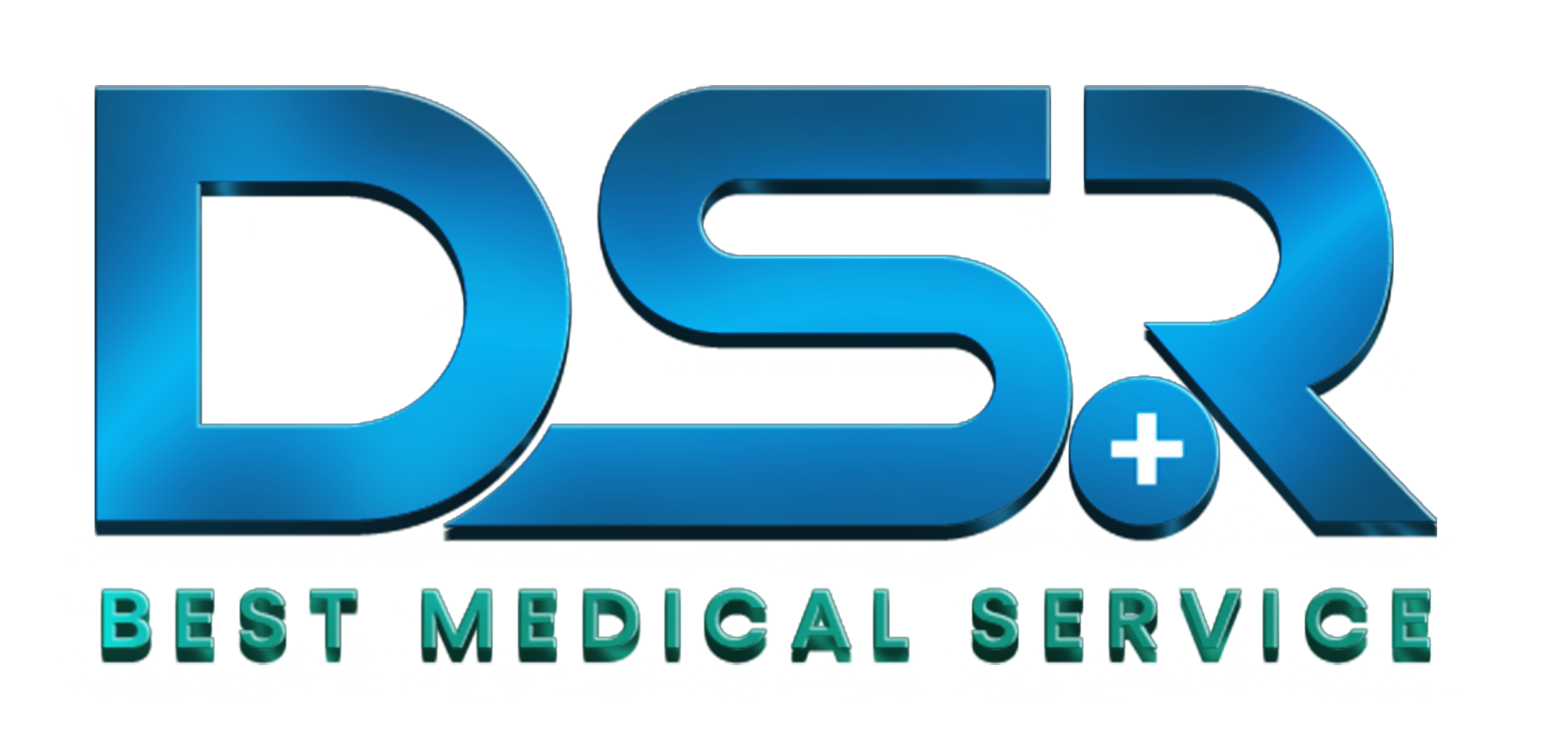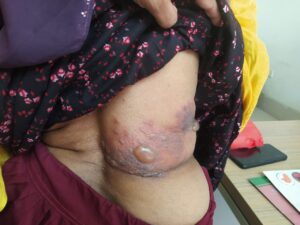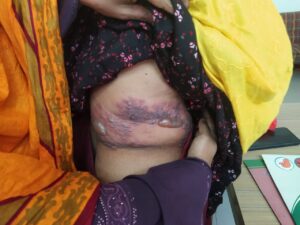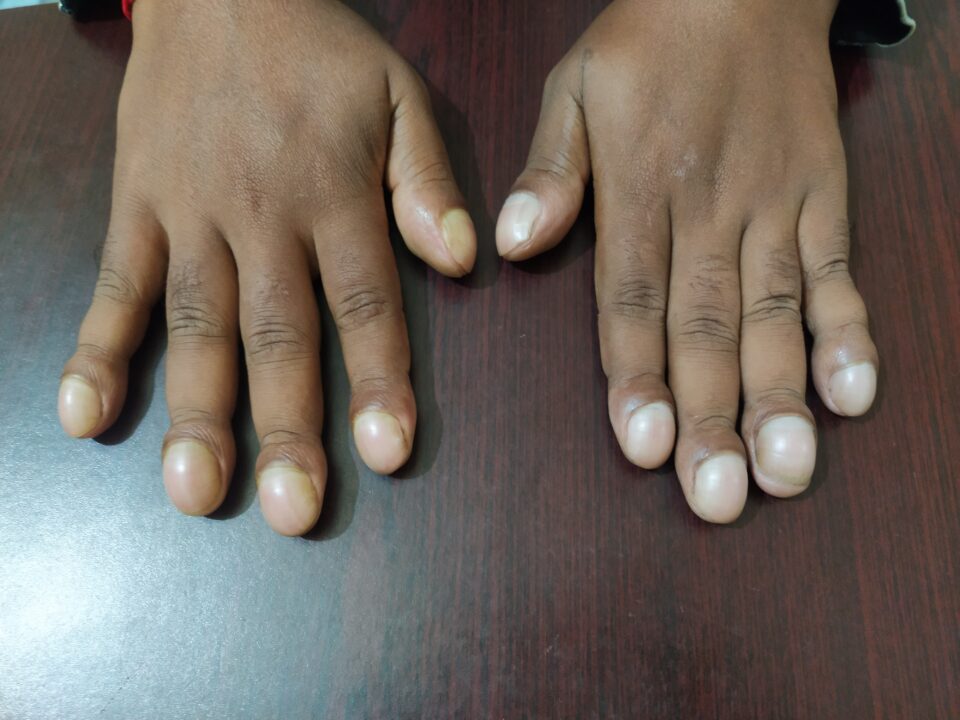Know About Your Herpes Zoster (Shingles)
Herpes Zoster, commonly known as shingles, is a viral infection that causes a painful rash. It is caused by the reactivation of the varicella-zoster virus, the same virus responsible for chickenpox. Raising public awareness about this condition is vital to promote early diagnosis, treatment, and prevention.
What is Herpes Zoster?
Herpes Zoster occurs when the dormant varicella-zoster virus, which remains in the body after a chickenpox infection, becomes active again. This can happen due to weakened immunity, stress, or aging. The condition is characterized by a distinctive rash that usually appears on one side of the body or face.
Symptoms of Herpes Zoster
- Early Signs:
- Tingling, burning, or itching sensation in a specific area.
- Fever, headache, and fatigue.
- Rash Development:
- Red patches that progress to fluid-filled blisters.
- The rash typically follows the path of a nerve and is confined to one side of the body.
- Pain:
- Severe pain is a hallmark of shingles and can persist even after the rash resolves (a condition known as postherpetic neuralgia).
Who is at Risk?
- Individuals over 50 years of age.
- People with weakened immune systems due to conditions like HIV/AIDS, cancer, or medications such as chemotherapy.
- Those who have had chickenpox in the past.
Complications of Herpes Zoster
While most cases resolve within a few weeks, shingles can lead to complications such as:
- Postherpetic Neuralgia: Persistent nerve pain in the affected area.
- Eye Complications: If the rash occurs near the eye, it can cause vision problems or even blindness.
- Infections: Secondary bacterial infections of the rash.
Prevention and Treatment
- Vaccination:
- The shingles vaccine is highly effective in preventing the condition, especially in older adults.
- Vaccination also reduces the severity and duration of symptoms if shingles does occur.
- Antiviral Medications:
- Early treatment with antivirals like acyclovir, valacyclovir, or famciclovir can reduce the severity and duration of symptoms.
- Pain Management:
- Over-the-counter pain relievers or prescription medications may be necessary.
- Nerve-blocking treatments can help manage severe pain.
Raising Awareness
Public awareness campaigns can help educate individuals about:
- The importance of vaccination.
- Recognizing early symptoms and seeking prompt medical care.
- Understanding the risks and complications associated with shingles.
Final Thoughts
Herpes Zoster is a preventable and treatable condition, but early intervention is key. By spreading awareness about the symptoms, risk factors, and benefits of vaccination, we can reduce the burden of shingles in our communities. If you or a loved one is experiencing symptoms, consult a healthcare provider without delay.





